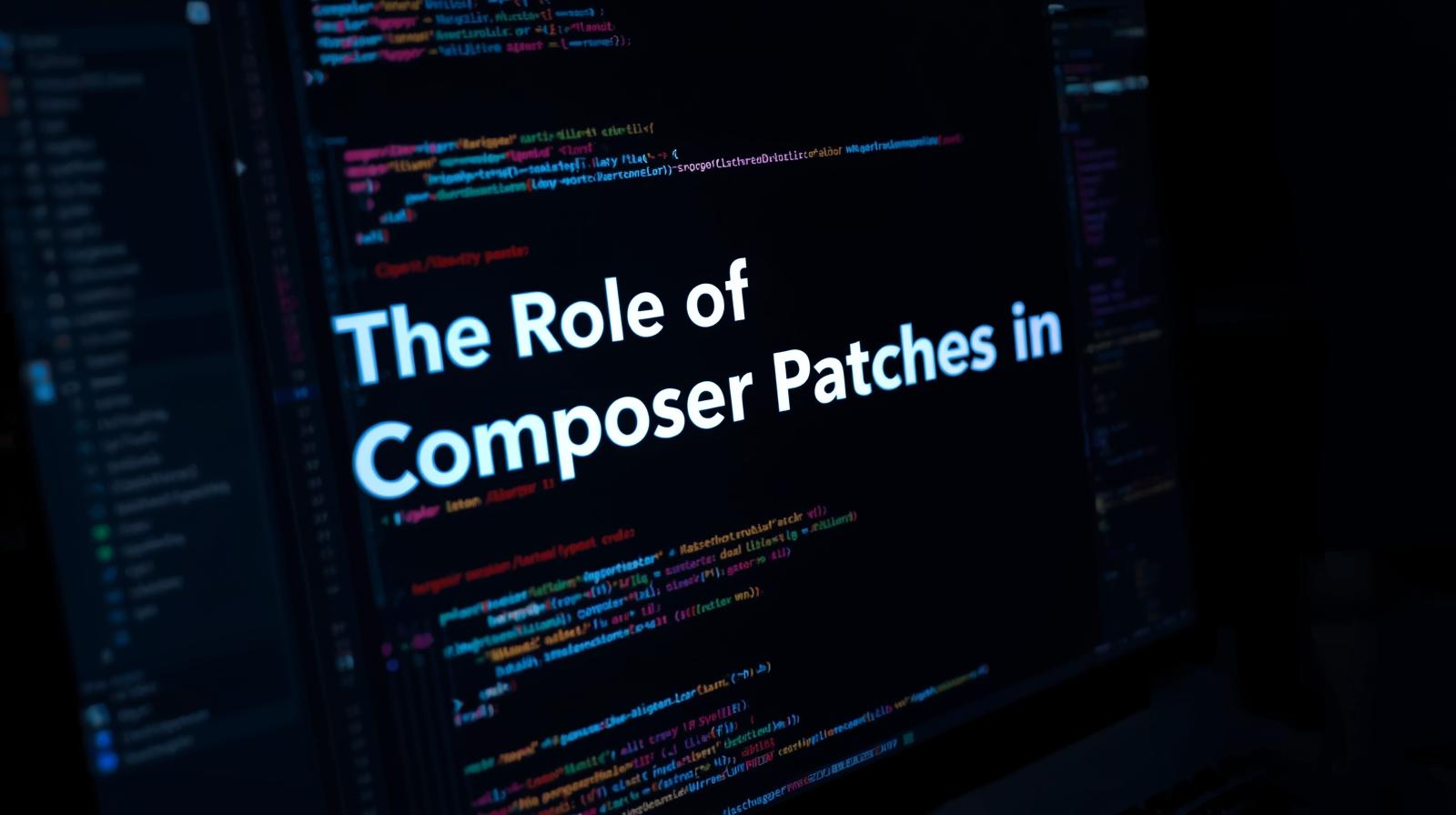In modern Drupal development, Composer patches play a vital role in maintaining flexibility, stability, and customization within a project’s codebase. Composer, a dependency management tool for PHP, allows developers to easily install, update, and manage packages that Drupal relies on. However, sometimes developers need to fix bugs, apply temporary changes, or introduce functionality that has not yet been merged into the official upstream project. This is where Composer patches become essential.
A Composer patch is essentially a small file containing modifications to existing code. Instead of altering the code directly within the vendor directory (which would be overwritten during updates), developers apply patches through Composer using the cweagans/composer-patches plugin. This approach ensures that all applied patches are version-controlled, automatically re-applied during dependency updates, and documented in a consistent manner.
Patching is particularly useful in large Drupal projects where modules or themes may contain unresolved issues from the community. By applying a patch, teams can maintain project stability while waiting for official fixes. Additionally, patches support better collaboration, as other developers can see exactly what changes have been applied and why.
In short, Composer patches bridge the gap between Drupal’s modular ecosystem and the immediate needs of real-world projects, offering a controlled, transparent, and reversible way to modify dependencies without compromising maintainability or upgradeability.

